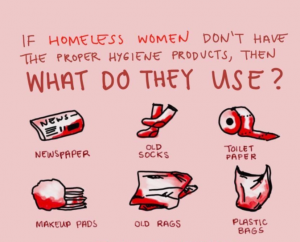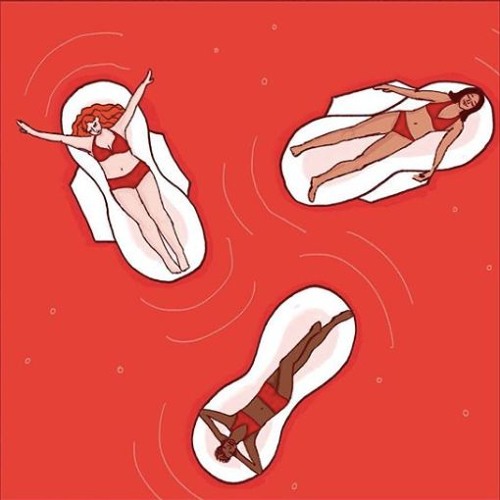No products in the cart.
What is Period poverty?

Period poverty is the lack of access to sanitary products due to financial constraints; this can be caused by a wide range of life events that negatively impact on a girl or woman’s ability to access sanitary products to manage a most intimate and regular occurrence in her life.”
It’s baffling that many women in today’s society suffer drastically when it comes to purchasing sanitary products and taking care of themselves hygienically at that time of the month.
According to the 2014 Shriver Report, there are at least 42 million impoverished women in the U.S. Many of these women experience the indignity and shame of being unable to care for themselves during their periods. A 2019 study of low-income women corroborates this account.
Period poverty is prevalent among homeless or some unemployed women. Who place food and other necessities above purchasing sanitary napkins and other hygienic items, when their period comes they instead use tissue, newspapers or old rags in the place of a sanitary napkin. This practice over time does more harm than good and can lead to urinary and vaginal infections

Ways to help with period poverty.
* Buy your own products from brands that give back. Sanitary pad brand Always donates millions of pads to the cause, and tampon subscription brand Pink Parcel has set up an initiative whereby subscribers can send back their unused products and the brand will donate them to local charity partners.
* Raise awareness. Don’t stay silent – now that you’re aware of the issue and what to do about it, start spreading the word and rallying the troops. Make sure you use all the hashtags on Twitter (#periodpoverty and #freeperiods are the main ones), and educate your mates and your family on the issue. We’re all in this together.
* Educate yourself. Always strive to learn more about the cause – listening to different people’s experiences and understanding what needs to be done to make a difference.
* Donate period products. You can donate period products at the hospital, Red Cross, Shelters, or your local health centers. Alongside this, make a conscious effort to donate a spare pad or box of tampons to homeless women you may pass in your daily life.

